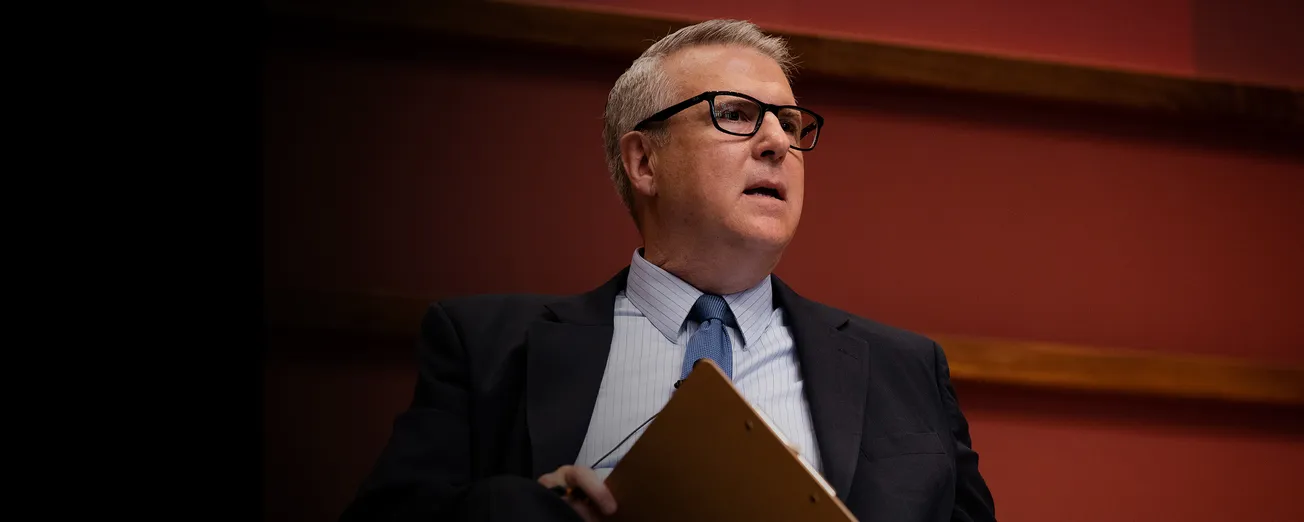Table of Contents
From a young age, we are told that we should be altruistic. We should care for others, especially when they are at their weakest. We should love one another unconditionally. We have a responsibility for our fellow man’s well-being.
Ayn Rand and her followers, who call themselves Objectivists, disagree. According to Rand, the philosophy centers on the idea that each individual is an end unto himself. Objectivism states that there is an objective reality, and that it can only be interpreted through reason. Rand advocated laissez-faire capitalism as the only truly free political structure, and rejected the idea of God.
Rand developed the Objectivist philosophy in the middle of the 20th Century and popularized it via bestselling novels such as The Fountainhead and Atlas Shrugged and essays.
On Stanford’s campus, there has been something of an objectivist revival. The Objectivists of Stanford, founded last year by their president Dakin Sloss ‘12 hold weekly meetings, in which their ten or so members gather and discuss Rand’s work. Sloss estimates that he spends 15 to 20 hours promoting each Objectivist-sponsored event. The Objectivists have marketed aggressively, posting fliers, hosting events, and, ironically enough, giving away copies of Atlas Shrugged at the Activities Fair. Sloss is particularly enthused about an upcoming debate between Yaron Brook and Jennifer Morse on whether Christianity is compatible with capitalism.
Not to give away the ending, but the objectivist position is that they are not compatible. Objectivists hold that belief in God is irrational and a sign of mental weakness. Rand kicked off a feud with conservative icon William F. Buckley, Jr. by notifying him that “you are too smart to believe in God.” Sloss called religion “a poison.” This strident atheism may come as a surprise to those who have mistakenly associated Ayn Rand with conservatism. “Conservatives and Objectivists may appear to share common interests,” say Sloss, “but they remain ideological enemies.”
Rand’s books are critiqued for having archetypal rather than complex characters. Whittaker Chambers’ famously scathing review of Atlas Shrugged that appeared in William F. Buckley Jr.’s conservative journal National Review said that in the world of Atlas Shrugged, “everybody is either all good or all bad, without any of those intermediate shades which, in life, complicate reality and perplex the eye that seeks to probe it truly.”
Rand’s infinite certitude could be either bewitching or unsettling. When she unequivocally accepts the proposition in a 1959 CBS interview that there are “very few in this world who are worthy of love,” it is easy to be put off by her certainty. At Stanford, Sloss has coöpted this distinctive style, saying that the biggest draw to objectivism is that “It is correct.”
Rand’s persona sometimes verged on self-parody. She wore a cape. Her husband traveled with the manuscript of Atlas Shrugged handcuffed to him. She sat down her husband and explained to him that she would be briefly taking another man as her lover—the affair with Nathaniel Branden lasted fourteen years.
Within the context of a philosophy that supposes to provide the framework for a well-lived life, these “quirks” are something much more troubling, indicating Rand’s overwhelming self-regard and dismay at her own unacknowledged greatness. Rand wrote in her journal that, “I think I represent the proper integration of a complete human being.” It is unclear whom she was trying to convince.
Chambers said that in Rand’s world, “resistance to the Message cannot be tolerated because disagreement can never be merely honest, prudent, or just humanly fallible. Dissent from revelation so final (because, the author would say, so reasonable) can only be willfully wicked.” Chambers’ criticism of Rand’s ideological inflexibility would prove prescient; Johann Hari writes, “Anybody in [the Collective] who disagreed with her was subjected to a show trial in front of the whole group in which they would be required to repent or face expulsion.” Another journalist notes that they would quote John Galt as religiously as “clergymen quote Matthew, Mark, Luke and John.”
Ayn Rand died in 1982 with only a paid nurse by her side, done in by lung cancer—a fatal reminder of her once-held belief that smoking represented “man’s victory over fire.” In the end, people mattered less to Rand than ideas, a point driven home not only by her lack of loved ones, but by the six-foot floral arrangement of a dollar sign at her funeral.
Under the aegis of Sloss, the Objectivists of Stanford will likely have a happier, albeit less polyamorous and interesting, ending than the Collective. But Sloss’ certitude of Objectivism’s righteousness seems dangerous. Sloss avers, “the outlook for Objectivism is in general always favorable because it is correct,” but in looking at Ayn Rand’s matching self-assuredness and ideology, and where it led her, it is hard to agree.
If you are wondering whether or not the Objectivist revival at Stanford is a sign of an attitudinal shift in our generation; simply put, it is not. It is no coincidence that Objectivism’s presence at Stanford and at other college campuses is disproportionate to its national influence. Objectivism’s appeal is greatest to students with minimal responsibilities to others, and it does not work within the context of most adults’ lives. One wonders how many of today’s objectivists will remain when it is their turn to write the tuition checks.
Rand told Playboy that if individuals “place such things as friendship and family ties above their own productive work, yes, then they are immoral.” Altruistic sacrifice is necessary to rear children. So long as that is the case, objectivism will remain, as David Brooks wrote, a college infatuation that “seemed daring at the time, but now the memory of it just makes you feel queasy.”




